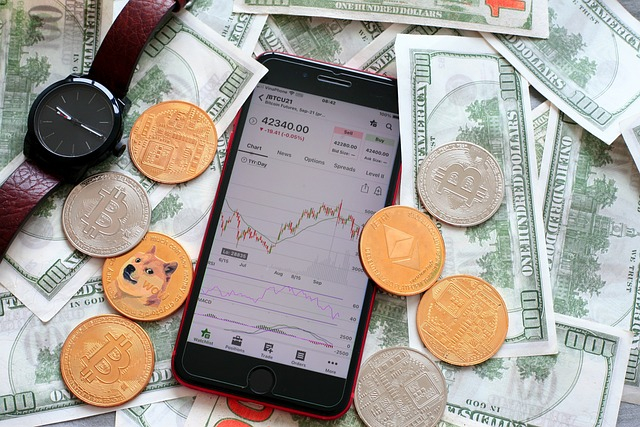Cryptocurrency exchange regulations: How different countries approach cryptocurrency exchange regulation
 Introduction As the vanguard of the financial world, cryptocurrencies have captured the imagination of both investors and regulators alike. With the proliferation of digital assets and the concomitant rise in trading platforms, the regulatory landscape has become increasingly variegated. In this erudite exposition, we shall traverse the globe to examine how different countries approach the regulation of cryptocurrency exchanges, elucidating the diverse strategies and philosophies that underpin these efforts. United States of America In the United States, cryptocurrency exchanges are subject to a plethora of federal and state regulations. At the federal level, exchanges must register with the Financial Crimes Enforcement Network (FinCEN) as money services businesses (MSBs) and adhere to stringent anti-money laundering (AML) and know-your-customer (KYC) requirements. Additionally, exchanges that offer trading in digital assets deemed as securities must register with the Securities and Exchange Commission (SEC) and abide by pertinent securities laws. State-level regulations vary, with some jurisdictions, such as New York, mandating bespoke licenses (e.g., the BitLicense) for cryptocurrency exchange operations. European Union The European Union (EU) has adopted a measured approach to cryptocurrency exchange regulation, focusing on harmonizing AML and KYC standards across member states. The Fifth Anti-Money Laundering Directive (5AMLD) extends the ambit of AML regulations to encompass cryptocurrency exchanges, obliging them to implement robust customer identification and reporting protocols. Individual EU member states may impose additional regulations, such as licensing requirements or consumer protection measures, depending on their respective legislative dispositions. China In contrast to the relatively liberal stances adopted by the United States and the European Union, China has pursued a draconian policy towards cryptocurrency exchanges. Since 2017, the Chinese government has proscribed the operation of domestic cryptocurrency exchanges and initial coin offerings (ICOs), effectively excising the digital asset industry from the country. Notwithstanding this blanket ban, Chinese citizens can still legally own cryptocurrencies and engage in peer-to-peer (P2P) transactions, albeit with circumspection. Japan Japan has emerged as a trailblazer in the realm of cryptocurrency regulation, having promulgated a comprehensive legal framework for the oversight of digital asset exchanges. The Payment Services Act (PSA) necessitates that cryptocurrency exchanges obtain licensure from the country's Financial Services Agency (FSA) and comply with a panoply of AML, KYC, and cybersecurity stipulations. Furthermore, Japan's stringent regulatory regimen extends to the classification and taxation of cryptocurrencies, rendering it a paragon of clarity and consistency in this nascent field. South Korea South Korea has evolved into a cryptocurrency hub, owing in part to its calibrated approach to digital asset regulation. The country's authorities have instituted a series of regulatory measures, including the imposition of AML and KYC requirements, mandatory registration with the Financial Services Commission (FSC), and stringent cybersecurity protocols. Moreover, South Korea has banned anonymous cryptocurrency trading, necessitating the linkage of trading accounts with verifiable bank accounts in a bid to enhance transparency and curb illicit activities. Switzerland Switzerland has cultivated a reputation as a cryptocurrency haven, fostering a conducive environment for the growth and development of digital asset enterprises. The country's financial regulator, the Swiss Financial Market Supervisory Authority (FINMA), has promulgated a set of pragmatic guidelines that delineate the regulatory parameters for cryptocurrency exchanges. These guidelines encompass AML and KYC provisions, licensing requirements, and risk management procedures, striking a judicious balance between oversight and innovation. Conclusion In summation, the regulation of cryptocurrency exchanges varies significantly across different jurisdictions, reflecting a melange of cultural, economic, and political considerations. From the liberal ethos of Switzerland to the stringent confines of China, the kaleidoscopic nature of the regulatory landscape presents both challenges and opportunities for digital asset aficionados. As the world continues to grapple with the implications and potential of cryptocurrencies, it is incumbent upon stakeholders to remain abreast of the ever-evolving regulatory milieu and adapt their strategies accordingly. In so doing, they can harness the transformative power of digital assets while adhering to the legal and ethical imperatives of their respective jurisdictions. Article and video for topic: Cryptocurrency exchange regulations: How different countries approach cryptocurrency exchange regulation. Author: Jonathan Burroughs |





